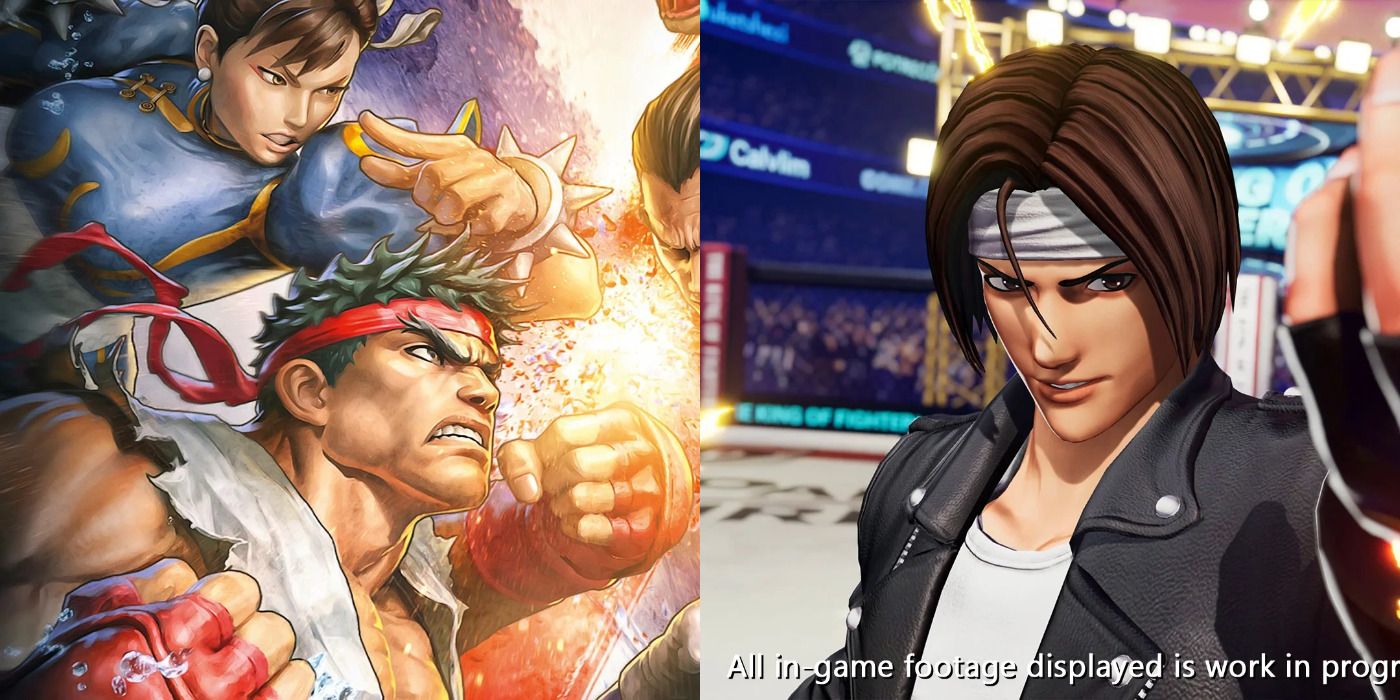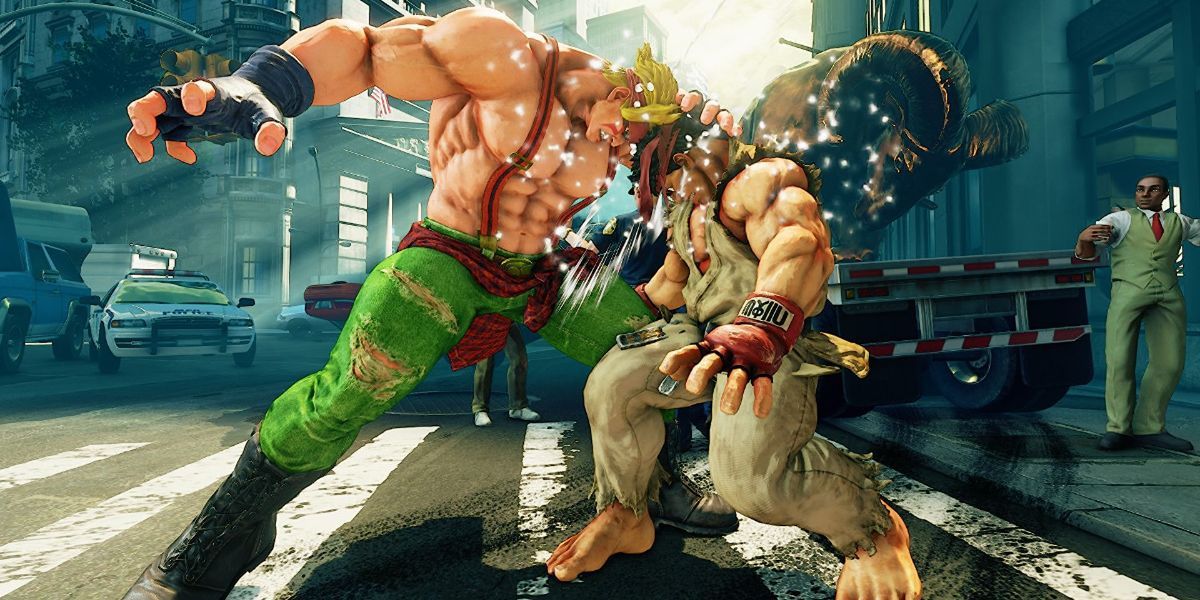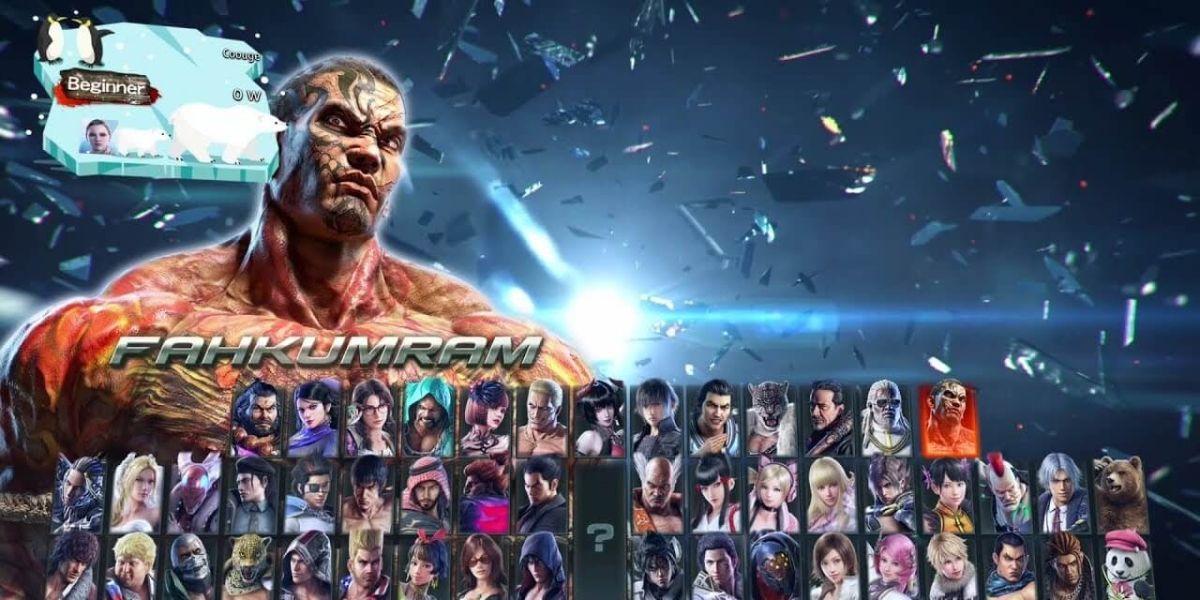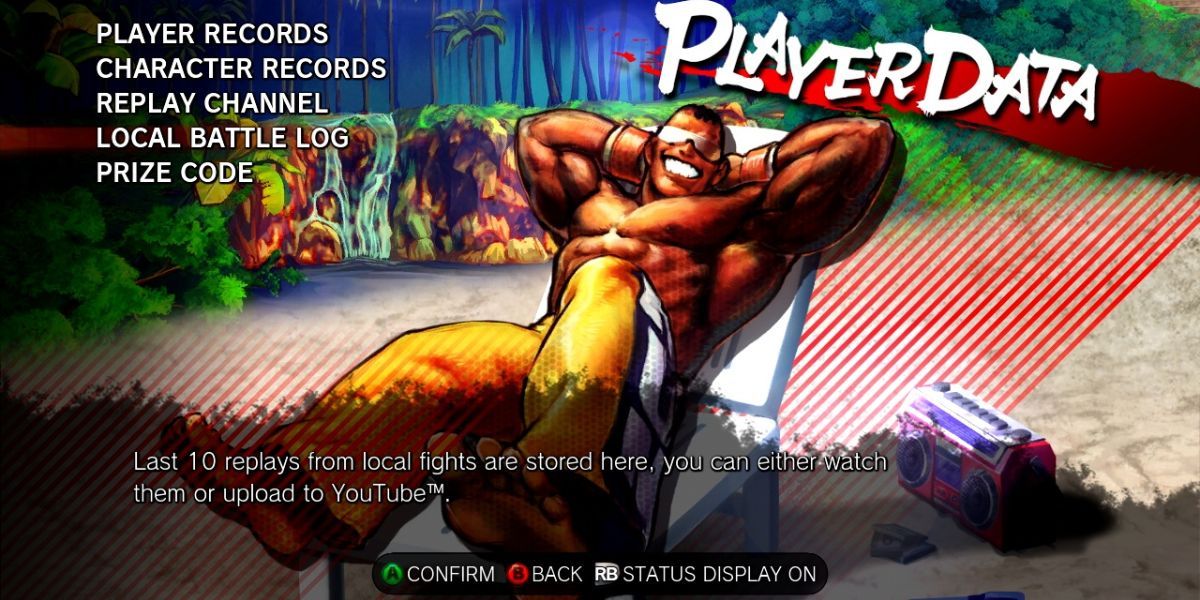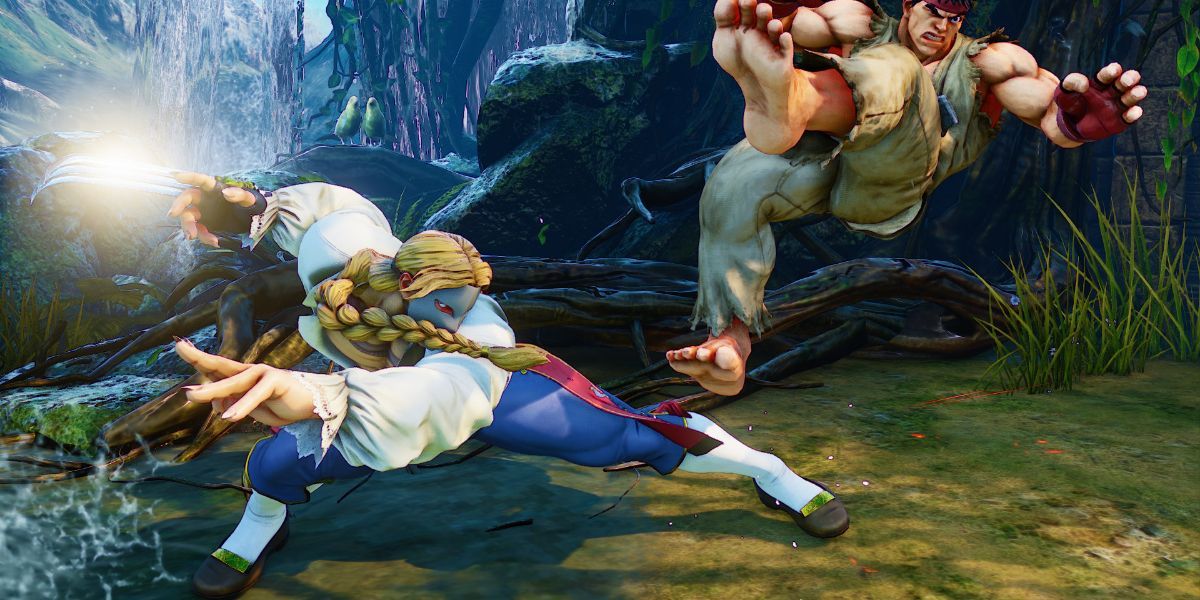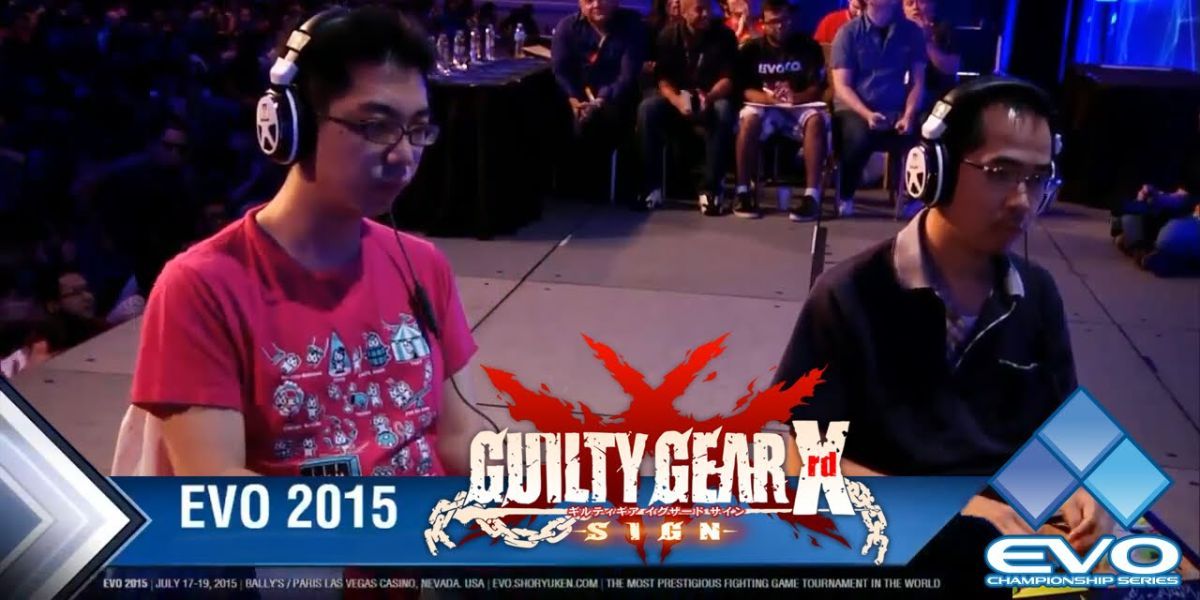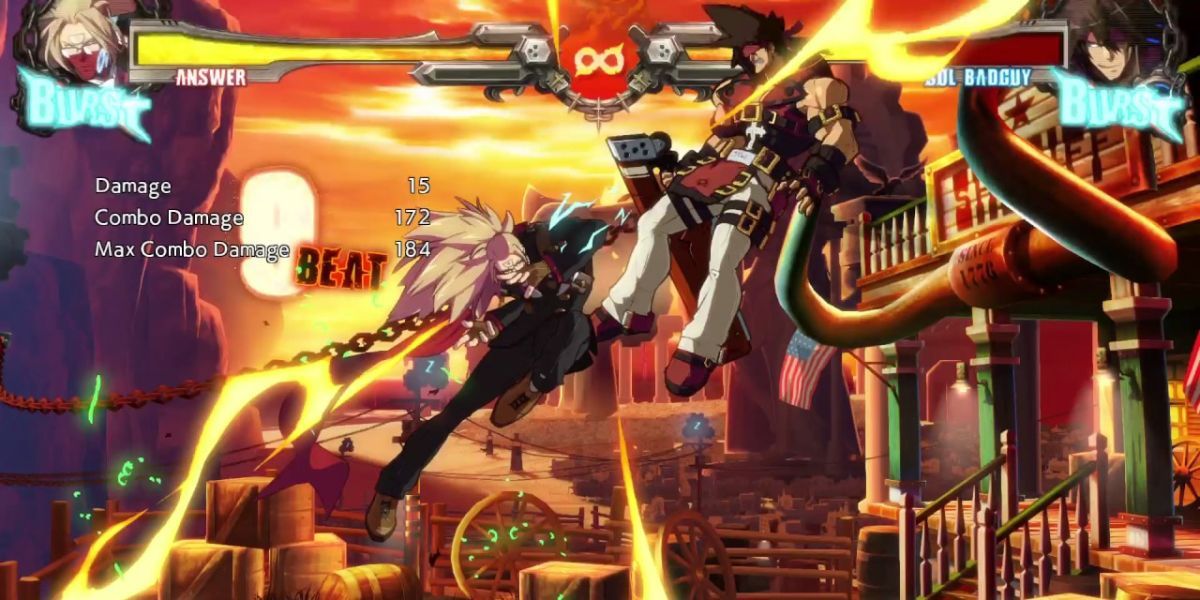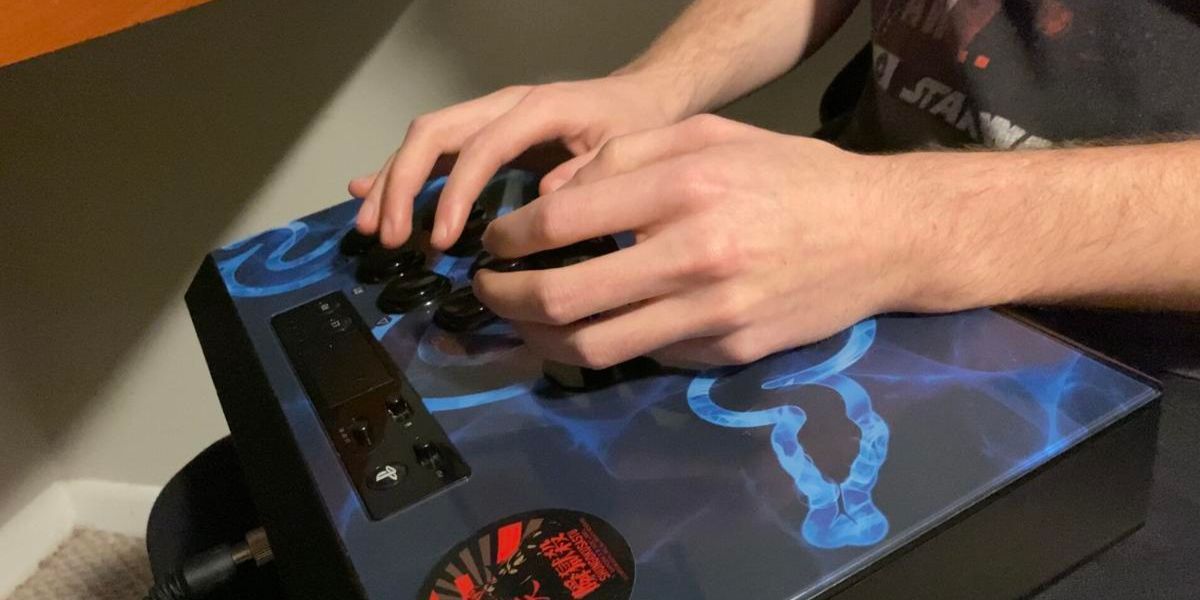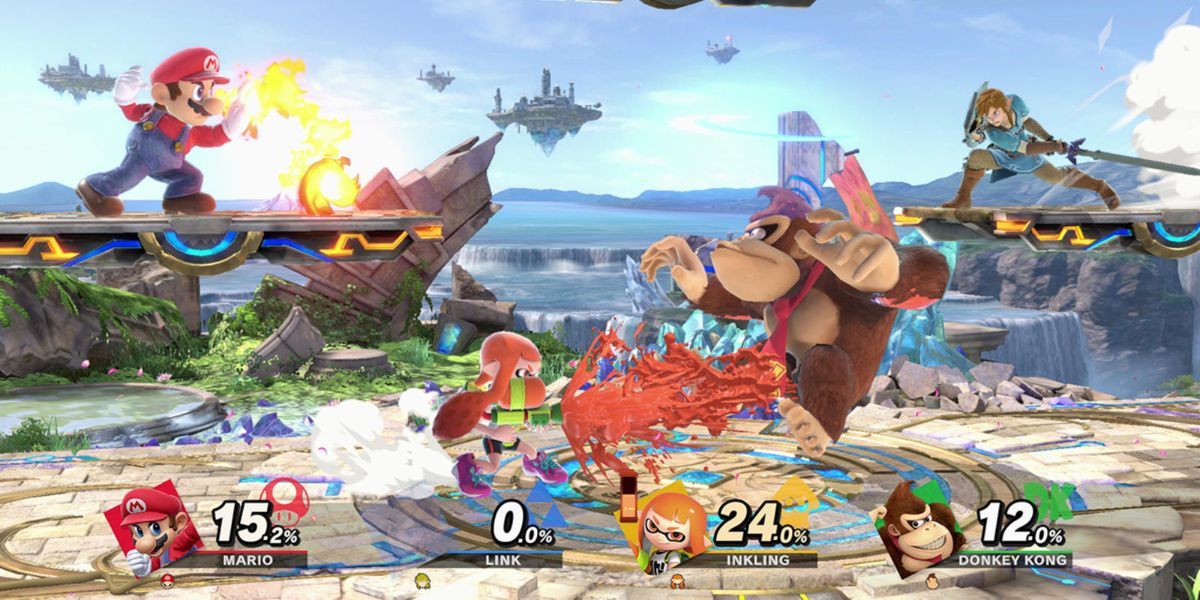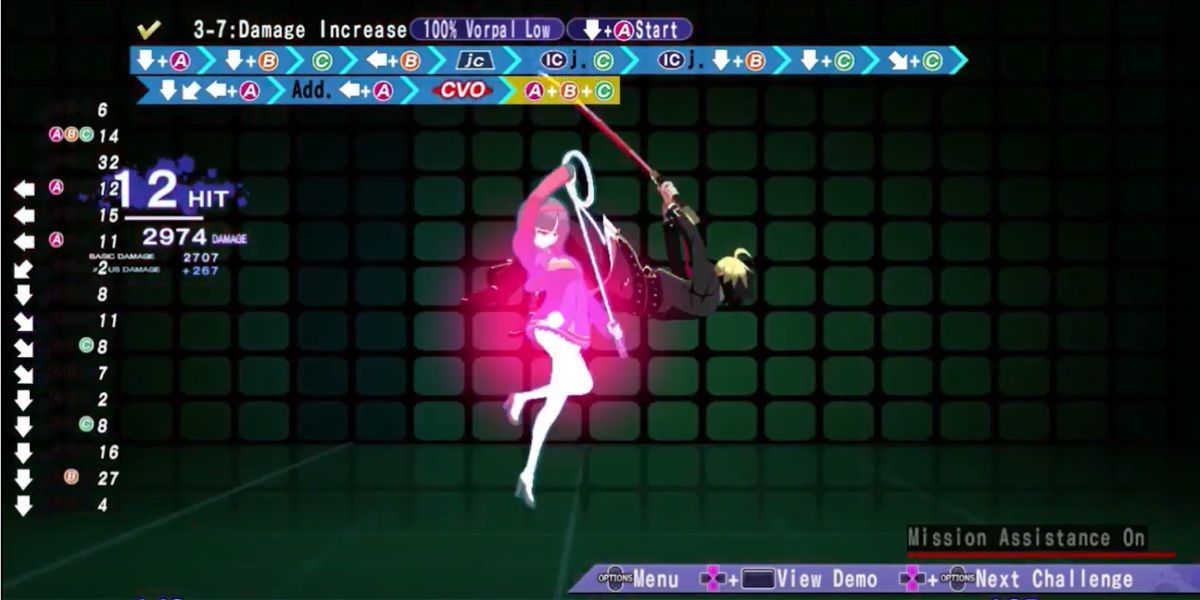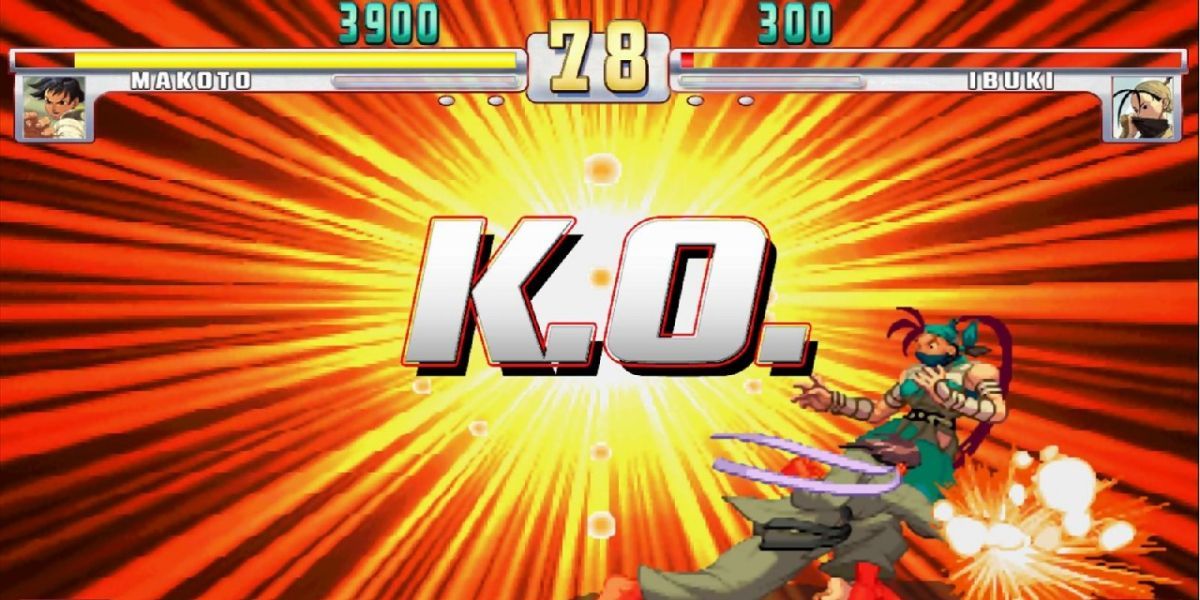Regardless of whether it's deserved or not, fighting games have a reputation for being extremely difficult to learn. There's truth to that assertion as well: they often have little in the way of tutorials, decades of accumulated techniques and terminology, and dedicated player bases of experienced veterans. It's not all as hard as it seems, though, because as long as a new player keeps the basics in mind they'll be well on their way to "getting good".
Still, there are a couple of things that newcomers will want to keep in mind before they take the plunge into the world of fighting games. Try keeping some of these tips in mind to get a head start in the learning process.
Try Lots Of Games
Fighting games are an expansive genre with a lot of history, so there are plenty of options for a player to choose from when picking out which game they'll dive into first. There are choices between 3D fighters like Tekken and 2D ones like Street Fighter, games with team mechanics like Power Rangers: Battle For The Grid, and those with fast-paced movement like Guilty Gear.
Everyone has their own preferences when it comes to what they want to see in a fighting game, so it's best for newcomers to try a little bit of everything to get a feel for which games they want to end up sticking with going forward.
Experiment With Different Characters
If a player is new to fighting games, then generally speaking they won't know exactly what elements of a character they enjoy, and which ones they'd rather avoid. Perhaps a player might think they enjoy jumping in an opponent's face and doing big damage, only to find themselves gravitating towards zoning characters instead.
Because of this relative lack of experience, it's important for new players to try a range of different characters to see what they like and what they don't. The first character a player tries doesn't have to be the one that they end up maining forever, and jumping between several characters can actually increase a player's knowledge of the game.
Watch Your Own Gameplay
During the heat of battle, it can be difficult for a player to identify exactly what decisions they're making and why, and even more challenging to identify what's working and what isn't while doing so. Fighting games tend to be pretty fast-paced, and they don't have any downtime within a round for a player to sit and think about what decisions they just made.
To resolve this issue, it's important for new and experienced players alike to go back and review their old matches on replay. A player watching their own gameplay with a critical eye can identify habits in their playstyle that make them more or less effective, and then work to change them if necessary.
Learn What's Safe, And What Isn't
Frame data can be an extremely intimidating concept for new players to come to terms with, especially when looking up a character's moves presents a newbie with rows upon rows of spreadsheet data that feels meaningless at first glance. It's not as intimidating as it seems, though, because in its simplest form all frame data really does is determine what moves are safe and which ones aren't.
Take Street Fighter's sweeps, for example. Typically executed by crouching and pressing the biggest kick button, a character's sweep is a formidable move because it knocks an opponent down and scores big damage. The only downside is that if the opponent blocks this move, it typically leaves the player open to dangerous retaliation. Similar principles apply to all other moves in the game to varying degrees, meaning that it's important for a player to get a feel for when and where it's safe to press which buttons.
Watch High-Level Gameplay
One of the most intimidating things about picking up a new fighting game is choosing a character. This is in itself a difficult choice because what character a player picks will shape which skills they prioritize in the game going forward, but it can also be challenging for the simple reason that a new player will have no idea what to do with an unfamiliar character on screen.
An excellent solution for this problem is simply to watch high-level matches featuring the player's chosen character. The pros are typically at the forefront of developing new techniques for each character in a given roster, so watching them is a great way to identify the best strategies and playstyles designed to play to a character's strengths.
Learn A Combo
Watching flashy and complex combos being pulled off at the highest levels of competitive play can be at once inspiring and intimidating -- they certainly look cool, but at the same time they're difficult to pull off, and being on the receiving end of one isn't fun.
This leads a lot of players to the erroneous assumption that they too need to be able to pull off combos like the pros do to be competitive at lower levels, which simply isn't true. Earlier on, consistency of execution is more important than pulling off the most optimal damage, so new players should focus on learning a simple combo that they can reliably land before they stress themselves with damage optimization.
Ask For Advice
No matter how experienced and skilled a player becomes in a fighting game, there's almost always a bigger fish waiting to defeat them. That's part of the fun of it all, though, and for new players, it means that there are ample learning resources out there in the form of more skilled players who are (mostly) happy to dispense their knowledge.
Thankfully, it's easier now than ever to engage with fighting game communities (even for more niche titles). Dedicated subreddits and Discord servers have streamlined the process by which new players can ask established community veterans for tips and tricks to help them get an advantage in their next matches.
Do Less
Stop mashing buttons! Attacking too much, jumping around all over the place, and generally playing erratically and carelessly makes a player woefully vulnerable to eating big damage from their opponents. Any player with even a cursory knowledge of the game will be able to exploit unplanned haphazard movements, so don't make a habit of it.
Instead, players should learn to exploit the mistakes that their opponents are making. Especially at lower levels of play, it's possible to close out games simply by capitalizing on the careless errors that can be found in another player's playstyle. Rather than throwing everything at the wall and seeing what sticks, learn to play deliberately and rationally.
Don't Get Bogged Down In Advanced Concepts
It can be hard to jump into fighting games, especially when there are so many different terms for so many different concepts, and the skill gap between a beginner and an experienced player can feel insurmountable. This is why it's important to prioritize learning the basics first.
For example, a player needs to learn how to space their attacks properly, consistently land anti-airs, and get their execution down before they start messing around with advanced wakeup setups, high-low mixups, or insane combos. Those skills come later; for those just starting out the first order of business is to build a strong skill foundation and avoid developing bad habits.
Don't Be Afraid Of Losing
Losing is unpleasant, everyone knows that. However, it doesn't have to be discouraging. One of the coolest things about fighting games is being able to see improvement in a player's performance as they learn the ins and outs of a game and test their strategies against other players, and losing is an inevitable and important part of that process.
Learning what not to do is just as important as learning what works, which means that it's impossible to become good or even competent at a fighting game without losing a ton. Learning not to sweat these losses and accept them as part of the learning process is not only critical to improving at a fighting game, but to enjoying the genre overall.

